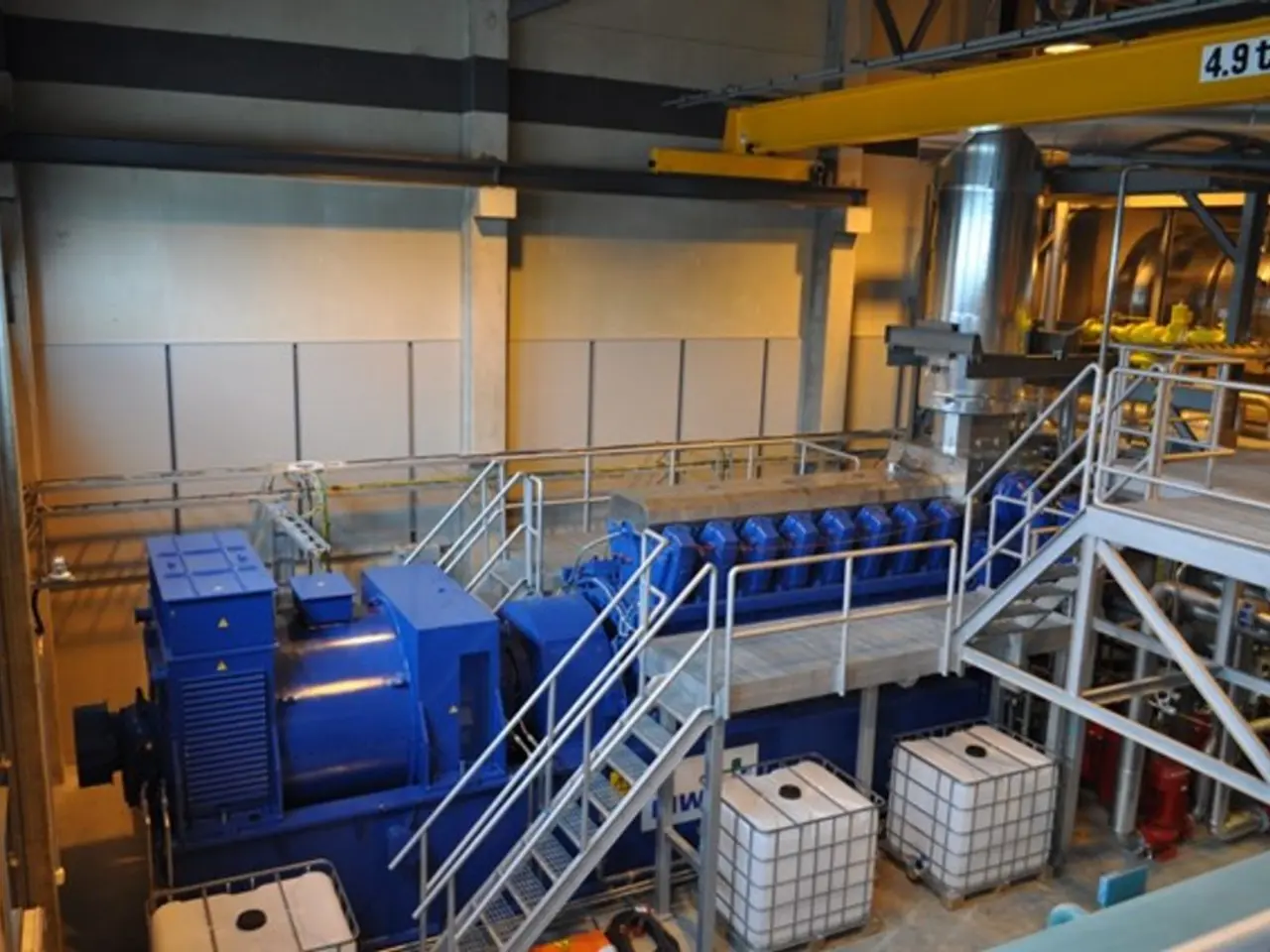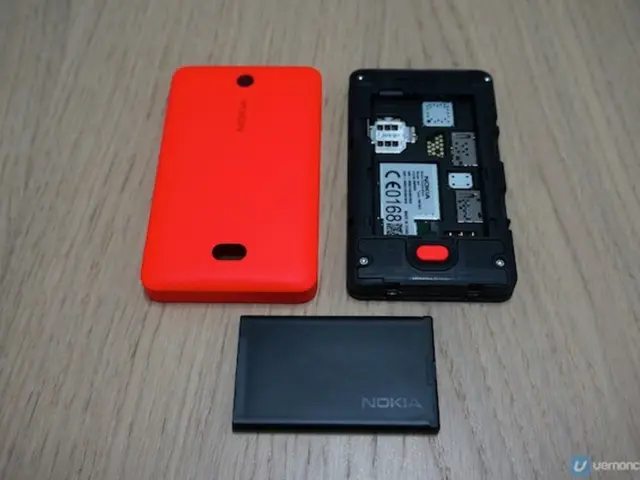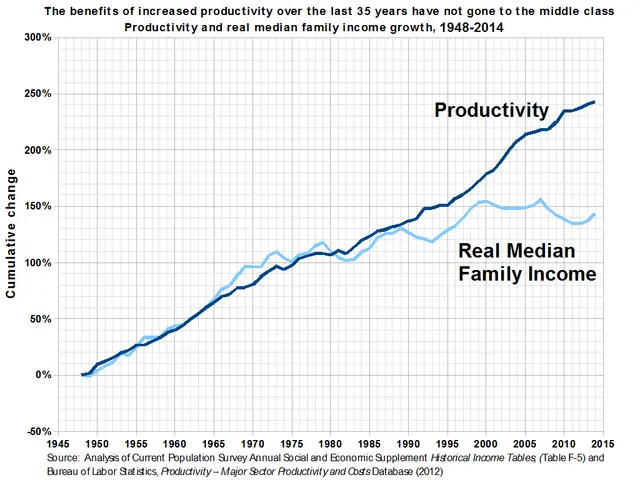Practical advice for improving energy efficiency and decreasing waste within small businesses
Small businesses across Australia are increasingly recognising the importance of adopting sustainable practices. From energy efficiency to waste reduction, implementing these strategies not only benefits the environment but also contributes to cost savings.
One area where small businesses can make a significant impact is in their energy consumption. By investing in appropriate small business insurance coverage for energy-efficient improvements, businesses can save on their operating costs in the long run.
Energy-efficient practices extend beyond insurance coverage. For instance, small businesses can save on electricity bills by switching to LED lights, which use up to 90% less electricity compared to traditional incandescent bulbs. Regular servicing of air conditioners and heating systems by a qualified professional is also essential to ensure they're running effectively and efficiently.
In the food industry, swapping polystyrene food containers for more sustainable alternatives can lead to substantial cost savings. Moreover, many single-use plastics, such as straws, cutlery, plates, drink stirrers, and polystyrene food and drink containers, are now banned in many states and territories. Instead, businesses can opt for alternatives like beeswax wraps, silicone food covers, paper or washable metal straws, paper bags, bamboo plates, and paper cups.
Waste reduction is another crucial aspect of sustainable practices. The "reduce, reuse, recycle" mantra can help eliminate wastage in a business setting. Going digital can also help cut down on piles of papers for both small businesses and their customers. This can involve sending customer invoices via email instead of snail mail, forwarding receipts electronically, and requesting bank statements, bills, and other documents be sent via email.
Resource conservation and social responsibility can also attract customers who value these values. By being a responsible operator, small businesses can differentiate themselves from competitors. For example, good quality insulation and cost-effective draught-proofing are among the most effective ways to save on heating and cooling in a business. Finding and stopping draughts which allow warm air out and force heating systems to work harder in winter can also stop money disappearing into thin air.
For businesses which ship goods, plastic-free packaging options include recycled cardboard and paper, corrugated cardboard packaging, "peanuts" made from recycled material, recyclable adhesive shipping labels, biodegradable plastics, and ecological textiles.
RACV Trades can help with the installation of LED lighting in small businesses, making the transition to energy-efficient lighting easier and more cost-effective.
In conclusion, adopting sustainable practices can lead to substantial cost savings for small businesses, while also contributing to a more sustainable future. From energy-efficient appliances to waste reduction strategies, there are numerous ways for small businesses to make a positive impact.








